|
 Illustration by Joan Wong/Getty | |||
| There’s one thing I’ve actually liked about this holiday season. Despite the canceled gatherings and everything else sucking, it’s been a great excuse for media outlets to publish end-of-year pieces about how to fix all the messed-up things in our country. There’s something strangely hopeful about the genre—as if outlining these ideas makes the task feel manageable, or at least possible. You have to be able to imagine a solution to implement it. The New Republic is running a site-wide series called “Unbreaking America,” which launched earlier this week. I could go on for quite a while about all the pieces the TNR team has lined up—nearly 20 in total, through the end of next week—but since this is still an Apocalypse Soon newsletter, I’ll draw your attention to the contributions from our climate/science vertical.
Frequent TNR contributor Melody Schreiber has written a piece about the tragic blunders of the United States’ science agencies over the past year—the CDC muddling through guidance on mask-wearing, for example, or the FDA authorizing hydroxychloroquine as a Covid-19 treatment based on “the thinnest and most amateur dossier of evidence I’ve ever seen,” as one of Melody’s sources said. Melody talked to a number of experts and critics of these agencies to figure out what would need to be done to rebuild public trust in America’s science agencies and what kinds of policies could be instituted to protect them from political interference in the future. If you’ve wondered at any point about the wacky communications coming out of our federal government during the pandemic, it’s worth a read. Next up: I’m really excited about the piece TNR’s Kate Aronoff has written on how to fix the Paris Agreement and climate diplomacy in general. Joe Biden has focused in particular on his promise to rejoin the Paris Agreement. But rejoining the Paris Agreement really isn’t enough, she points out, because neither the agreement itself nor the United Nations Framework Convention on Climate Change it operates within have any teeth. So how should policymakers address that problem? The U.S. does have other tools for making climate diplomacy work, Kate notes, and some of the strongest ones are completely outside the UNFCCC—for example, investment treaties, intellectual property law, and finance mechanisms. Watch for this piece next week. And finally, TNR’s Alex Pareene has cooked up a treat of a piece for next week as well. Check back for his humble proposal to improve America’s emissions and mobility—by putting an electric moped in every driveway. —Heather Souvaine Horn, deputy editor | |||
| Advertising  | |||
 | |||
 | |||
| Lab meat is officially a thing. (Read TNR’s past coverage about why traditional meat exacerbates climate and environmental collapse. Or read about the troubling details of the artificial insemination technology the meat industry relies on.) | |||
 | |||
| Last week, Politico reported that Trump science adviser Paul Alexander had urged the Trump administration to let people get Covid-19 in pursuit of a “herd immunity” plan that most of the medical community agreed was terrible. The key quote: “We want them infected.” (Doctors and health experts Melody Schreiber talked to for TNR back in October called the herd immunity plan “barbaric.”) | |||
 | |||
| Darkness is Never Just Black and White Climate writer Eric Holthaus delivered a corker of a solstice newsletter this week, talking about the overwhelming reality of the climate crisis. “Dwelling even for a moment about the reality of this truth, that we continue barreling towards destruction on a planetary scale—toward disaster, toward profound injustice, toward extinction—is paralyzing for me, even on good days,” he wrote. But he also pointed to the transformative potential in dark moments:
Eric Holthaus | The Phoenix/Substack | |||
| Advertising  | |||
 | |||
| Support Independent, Issue-Driven Journalism | |||
| | |||
| Copyright © 2020, The New Republic, All rights reserved. | |||
